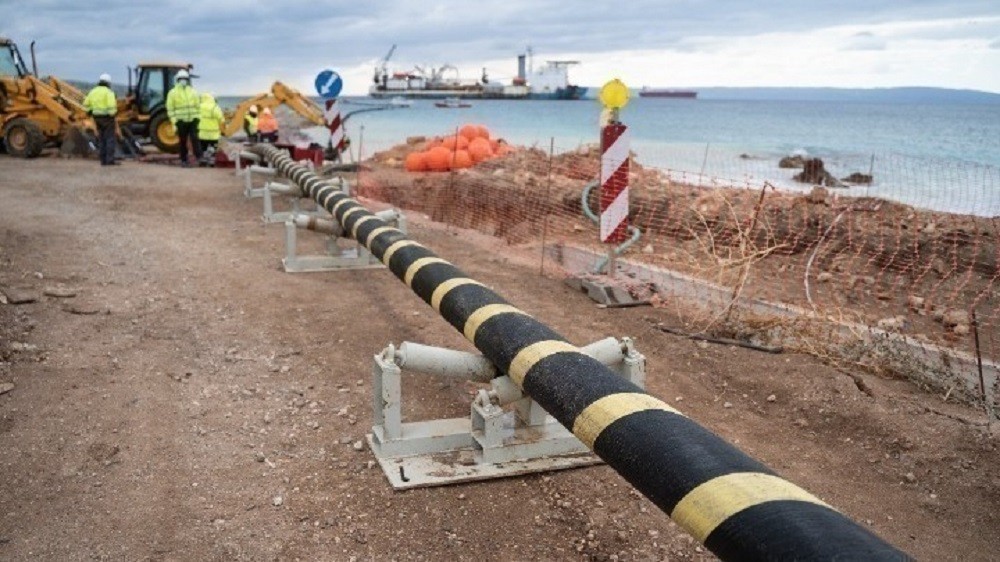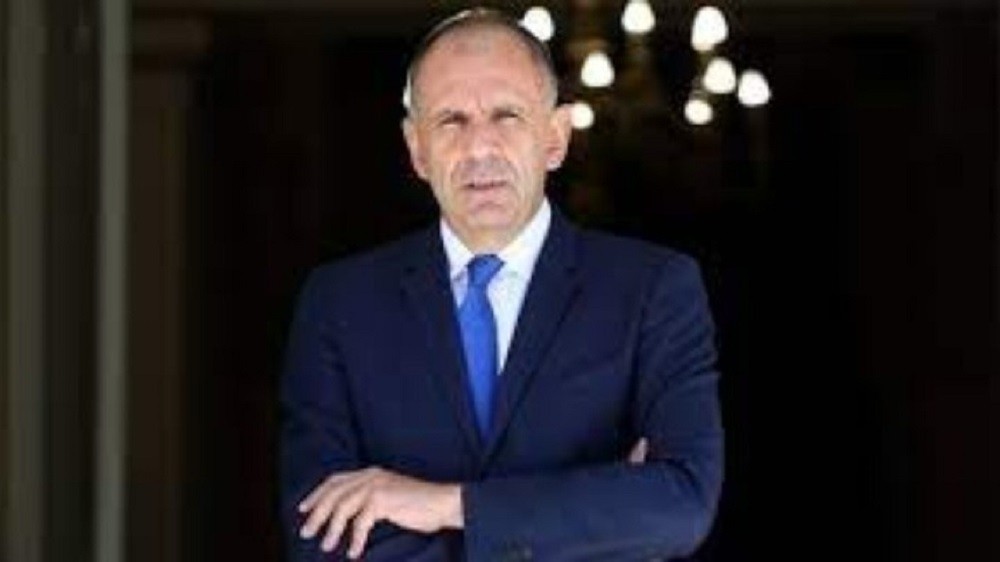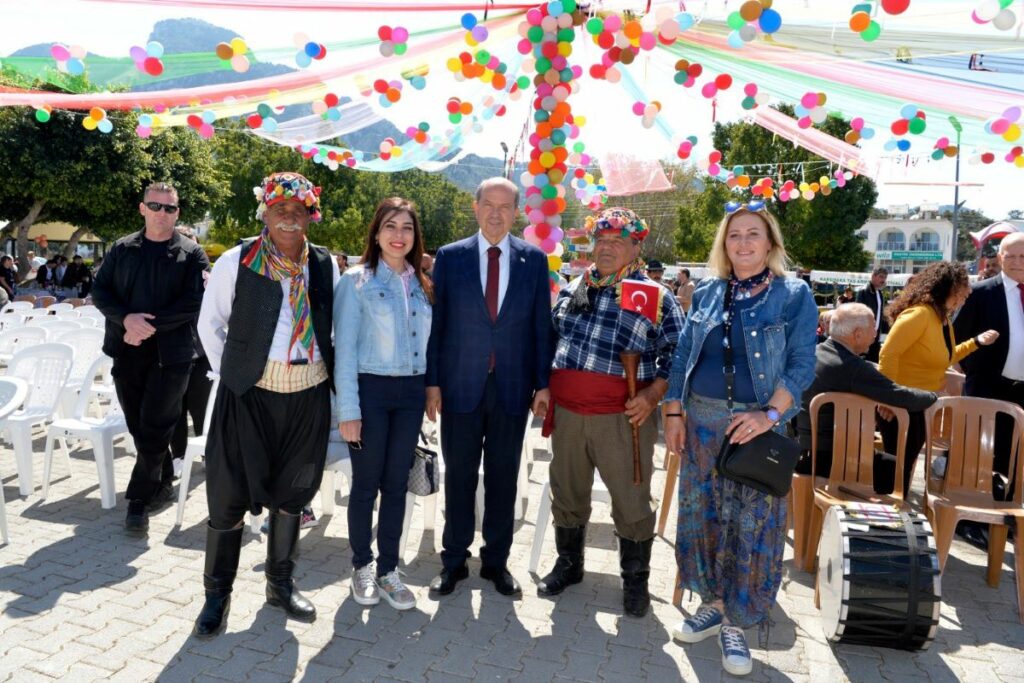
UN chief: Solution can be found if leaders overcome challenges
The objective of a comprehensive settlement to the Cyprus issue “is expected to be achieved, provided that the political will of the leaders and of their respective communities overcome current political and economic challenges and that there is continuing support from the international community”, the UN Secretary General says in his report to the UN General Assembly.
In his report on the ten political missions of the United Nations, including Cyprus, the UN chief notes that the proposed sum for Cyprus in the 2016 budget is $2,564,600, which is less than last year, despite the fact that the number of the good offices mission members remains unchanged. Furthermore, due to expected developments, the permanent residence of the UN Special Adviser`s close associate is recommended.
The chapter on Cyprus contains a summary of the talks from 2008 to date, with an estimated 38 meetings between the leaders of the two communities for this year.
“Following the adoption of a joint declaration by the Greek Cypriot and Turkish Cypriot leaders at their meeting on 11 February 2014, the substantive negotiations continued and led to the leaders’ meeting held on 17 September 2014, in which the sides agreed to enter into a new phase of structured negotiations. Negotiations were disrupted in October 2014, however, by developments in the Exclusive Economic Zone of Cyprus and subsequently stalled until April 2015, when the Special Adviser announced that conditions that had led to the situation had been removed”, the report says.
It adds that, “following the selection of a new Turkish Cypriot leader in April 2015, the leaders met on 15 May 2015, officially resuming the talks” and, “since then, negotiations have progressed at an invigorated pace and in a positive climate”.
“Seven technical committees (crime and criminal matters, economic and commercial matters, cultural heritage, crisis management, humanitarian matters, health and the environment) were established in 2008 to improve the daily life of Cypriots through confidence-building measures. In 2012, two additional committees were established, on broadcasting and on the opening of new crossings. The work of these committees is facilitated by the UN”, it says.
Furthermore, it notes that, “following the departure of Alexander Downer of Australia as Special Adviser to the Secretary-General on Cyprus in April 2014, Espen Barth Eide of Norway was appointed in August 2014”.
Referring to cooperation with other entities, the UN Secretary General says in his report that “the good offices mission has been designed to ensure maximum synergy with UNFICYP and the rest of the United Nations family in Cyprus and thereby ensure coherent and effective support to the peace effort”.
“The Special Representative of the Secretary-General for Cyprus and Head of UNFICYP normally acts as Deputy Special Adviser to the Secretary-General with regard to the issues relating to the mandate of the good offices mission. The Special Representative ensures the provision of support to the Office of the Special Adviser by both UNFICYP (on a non-reimbursable basis) and the United Nations country team. The Deputy Special Adviser coordinates initiatives undertaken by United Nations agencies and by the Committee on Missing Persons in Cyprus”, he says.
The report notes that, “in line with the integrated approach of the United Nations presence in the country, UNFICYP will continue to provide logistic and administrative support to the Office of the Special Adviser, with a view to ensuring coherent facilitation of the negotiation process”.
Regarding performance, the UN chief says in his report that “the leaders resumed full-fledged negotiations in May 2015 by embracing a comprehensive and structured process with fully empowered negotiators”.
“The leaders agreed to meet twice a month. During the period from January to May 2015, the United Nations held eight meetings with the two leaders individually, aiming at facilitating the resumption of the process. The Office of the Special Adviser continues to facilitate meetings of the two negotiators, who have agreed to meet at least twice a week. Besides joint meetings of the negotiators, the United Nations continues to engage in regular shuttle diplomacy bilateral meetings with the two sides in order to facilitate the discussions on specific issues”, he points out.
He adds that “it is expected that the work of the technical committees may intensify, given the current positive overall climate in the negotiations”.
“During the period from January to May 2015, 126 meetings of technical committees and their subordinate bodies were held. In May 2015, three new confidence-building measures were formulated and approved by the leaders. It is expected that the technical committees will continue to implement further confidence-building measures during the remainder of 2015”, he says.
In his planning assumptions for 2016, the UN chief says “the Office of the Special Adviser does not foresee any major changes in its priorities, activities and operational requirements in 2016”.
“With the conclusion of a joint declaration on 11 February 2014, the appointment of Espen Barth Eide as new Special Adviser to the Secretary-General in August 2014 and the statement issued following the leaders’ meeting on 17 September 2014 in which the sides agreed to move to the next phase of structured negotiations, the process was set to move forward. As a consequence of developments in the Exclusive Economic Zone of Cyprus, the negotiations were suspended on 7 October 2014. On 7 April 2015, the Special Adviser announced the expected resumption of the talks”, he says.
He adds that, “following the selection of a new Turkish Cypriot leader on 26 April 2015 and the resumption of negotiations in May 2015, the Office will continue to facilitate meetings of the leaders, their negotiators and experts until a comprehensive settlement is reached”.
“The Office will also continue to engage in regular shuttle diplomacy meetings with the two sides separately in order to facilitate the discussions on specific issues; engage with a variety of interlocutors, including representatives of political parties, civil society and women’s groups, in support of the process; and engage with regional and international stakeholders in support of the process. The Office will also continue to facilitate technical committees, including any new committees that may be established, and support confidence-building measures. While Office staff/ facilitators assume overall responsibility for each chapter of the negotiations, consultants provide specialized technical expertise when needed to contribute to resolving areas of disagreement and devise ideas for implementation strategies”, the report says.
It notes that, “should significant progress be achieved in the negotiations in 2016, the United Nations will be called upon to host a multilateral conference to address the final outstanding issues”, and that “the Office of the Special Adviser will engage, as and when required, in support of a broader assessment of the United Nations presence in Cyprus”.
“The Special Adviser is based in Geneva, and will undertake regular travel to Cyprus to hold meetings with the sides and facilitate the negotiations. The Special Adviser will also undertake regional travel and travel to New York for consultations with the Secretary-General and other senior officials, as needed”, the report says.
According to data included in the report, the leaders of the two communities held 26 meetings in 2014. The estimate for 2015 is 38 and the target for 2016 is 54.
The number of meetings between the representatives/ negotiators of the leaders to identify areas of convergence was 87 in 2014. The estimate for 2015 is 100 and the target for 2016 is 146.
Furthermore, the number of meetings of the working groups and technical committees to discuss specific areas of expertise and identify areas of convergence was 247 in 2014. The estimate for 2015 is 250 and the target for 2016 is 250.
The number of papers indicating movement towards convergence between the parties within the full-fledged negotiation process was 100 in 2014. The estimate for 2015 is 150 and the target for 2016 is also 150.
Regarding the implementation of confidence-building measures formulated by the technical committees and approved by the leaders aimed at easing the daily life of Cypriots across the island, there were 38 such measures in 2014. The estimate for 2015 is 53 and the target for 2016 is 60.
Bilateral meetings with Greek Cypriot and Turkish Cypriot leaders, or their representatives or advisers, related to all the chapters of the negotiations reached 160.
Advice to the sides and policy options papers on issues related to all the chapters of the negotiations were 150, briefings and bilateral meetings with the international community were 100, and the facilitation of meetings held by the working groups as well as meetings of the technical committees on procedural, legal, technical and substantive issues related to all the chapters of the negotiations reached 229.
Furthermore, there were 80 meetings with leaders of political parties and other influential individuals and groups, media, academics and civil society from the two communities, and participation in events contributing to an enabling environment for the negotiation process.
There were also various interviews and press releases in cooperation with UNFICYP, an ongoing multimedia outreach campaign to build support for the negotiation process, and a total of four reports and/or briefings to the Security Council.
Cyprus has been divided since 1974, when Turkey invaded and occupied its northern third.
CNA – New York, United Nations, CYPRUS NEWS AGENCY

